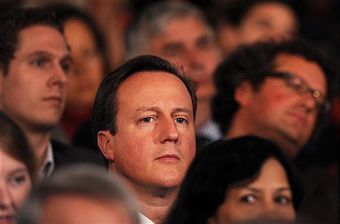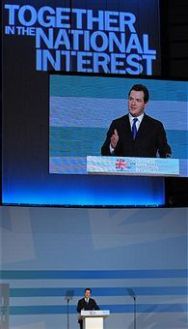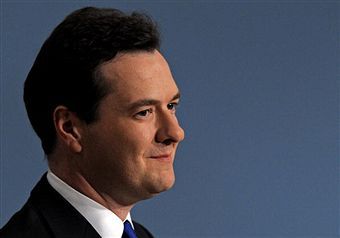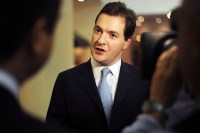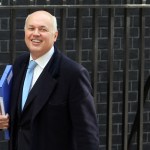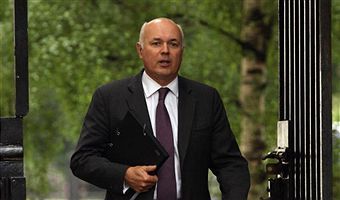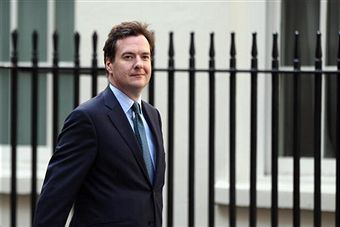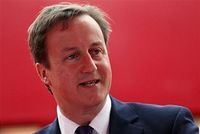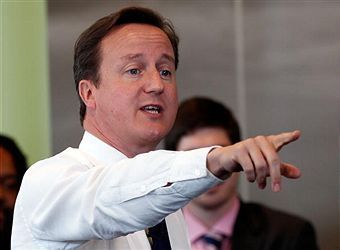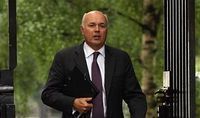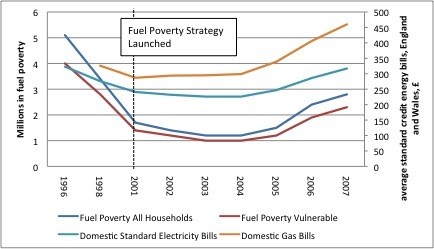Cameron tries to defuse the child benefit row
Whether you agree with the plan to restrict child benefit or not – and, broadly speaking, I do – there’s little doubting that it has met with some fiery resistance in the papers today. The Telegraph leads the attack, calling it “a hastily conceived about-turn bundled out on breakfast TV”. The Daily Mail highlights the “blatant anomaly,” currently riling up the Mumsnet crowd, that a single earner family on £44,100 a year might lose the benefit, while a dual earning family on £87,000 can keep it. And the Independent does likewise. It should be said, though, that the Sun, the Times and the Financial Times are considerably more generous about
